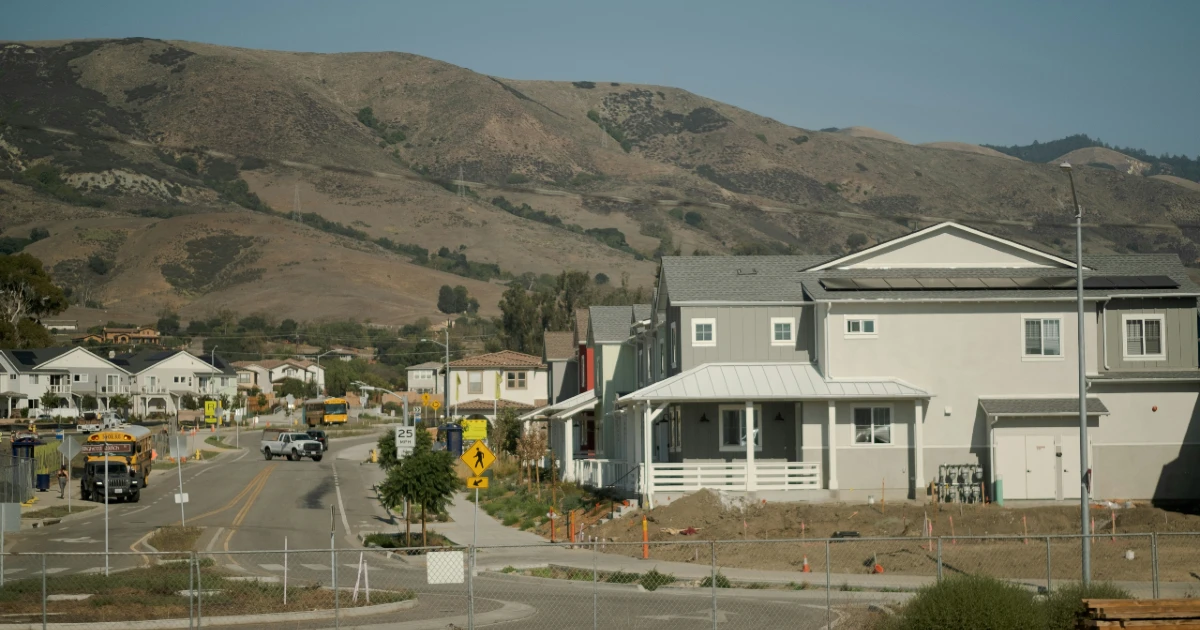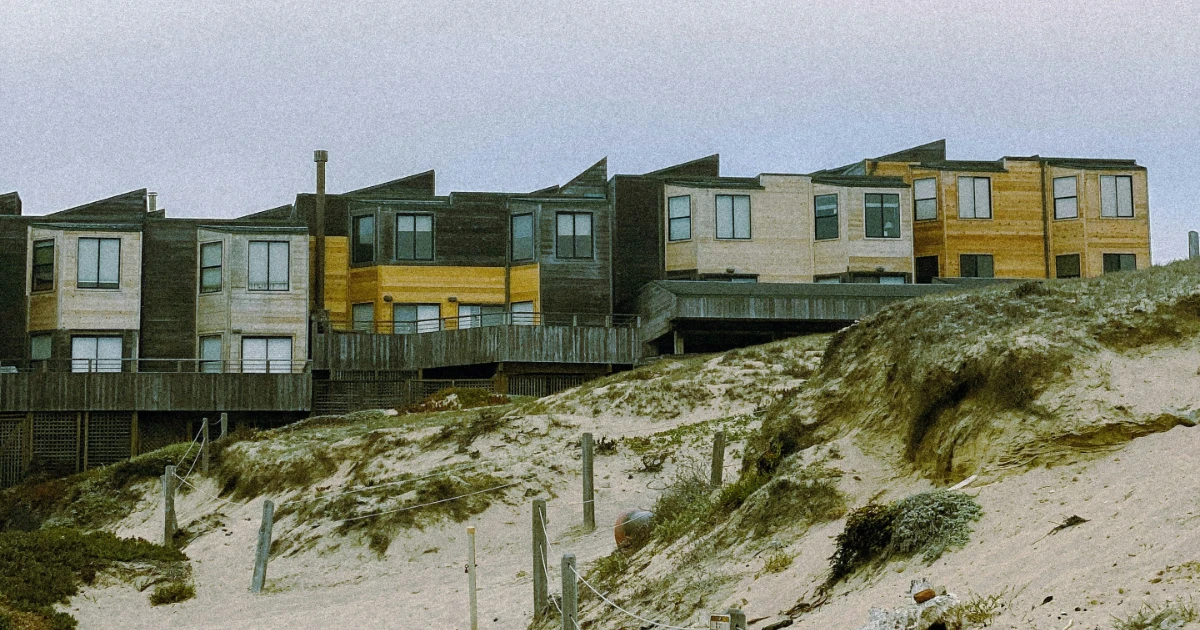When you’re renovating or building a rental property, standard landlord insurance isn’t enough to protect you. Fire, vandalism, and theft are much more likely during construction. That’s where builder’s risk insurance, also known as fix and rent insurance, comes in.
This guide explains what builder’s risk insurance is, what it covers, how much it costs, and why landlords need it when working on rental properties.
What is builder’s risk insurance?
Builder’s risk insurance, also called construction risk insurance, protects properties during construction or major renovations. Unlike standard landlord insurance, it covers risks that are unique to active job sites, such as:
- Fire damage during renovations
- Theft of building materials and equipment
- Vandalism to an unoccupied property
- Weather damage while the structure is exposed
This temporary policy typically covers the property from the start of construction until completion, when it can transition to landlord insurance.
Why landlords need builder’s risk insurance
Standard landlord insurance policies often exclude losses on properties under construction. That means if your rental is damaged by fire, storms, or theft during renovations, your insurer could deny the claim.
Builder’s risk insurance fills that gap. It is ideal for:
- Fix and rent projects
- Major remodels
- New construction for rental properties
Fire and vandalism are two of the biggest risks for landlords during renovations. Learn more about fire damage coverage and vandalism protection in landlord insurance to understand how builder’s risk fits in.
What does builder’s risk insurance cover?
While coverage varies by provider, most builder’s risk policies include:
Under-construction buildings
Coverage for your rental property against fire, theft, vandalism, and some weather events during construction.
Materials and supplies
Protection for building materials stored on-site, off-site, or in transit.
Equipment in transit
Covers tools and equipment damaged while being transported between job sites.
Debris removal
Pays for cleanup costs after a covered loss.
Soft costs
May cover additional expenses like architect fees, permits, or loan interest if the project is delayed by a covered event.
Loss of rental income
Some policies offer reimbursement if construction delays result in lost rental income.
What’s not covered by builder’s risk insurance?
Builder’s risk policies generally exclude:
- Flood and earthquake damage (separate policies are required)
- Employee theft (requires a commercial crime policy)
- Damage from faulty design or workmanship (covered by professional liability insurance)
- Vehicle accidents involving work trucks (requires commercial auto insurance)
- Losses occurring after the project is completed
Once your project is finished, switch to a standard landlord insurance policy to ensure continuous coverage.
Builder’s risk insurance vs landlord insurance
Builder’s risk insurance is temporary and designed for active construction sites, while landlord insurance covers completed and occupied rental properties.
Builder’s risk ends when the project is finished. At that point, you’ll need landlord insurance to protect against tenant-caused damage, liability claims, and other risks.
How much does builder’s risk insurance cost?
Builder’s risk insurance typically costs between 1% and 5% of your total construction budget.
For example:
- A $150,000 renovation could cost $1,500 to $7,500 in premiums for a 6-12 month policy.
Cost factors include:
- Project location (higher in states like Texas, Florida, and California)
- Duration of the project
- Value of materials and equipment
- Contractor experience and safety record
Steadily offers fast, competitive quotes for builder’s risk insurance tailored to landlords.
Builder’s risk insurance requirements for landlords
In many cases, lenders require builder’s risk insurance before approving construction loans. Even without lender requirements, it is strongly recommended for:
- Projects involving structural changes
- Properties in high-crime or severe weather areas
- Situations where contractors do not carry sufficient insurance
Who pays for builder’s risk insurance?
The property owner usually pays for builder’s risk insurance. In larger projects, the cost may be shared between owners and contractors, but landlords overseeing rental renovations are typically responsible for securing the policy.
Builder’s risk insurance in Texas, Florida and other high-risk states
Landlords in Texas face unique risks such as hurricanes, flooding, and hailstorms. A builder’s risk policy can protect your investment during renovations.
Similar considerations apply in Florida and California, where extreme weather and wildfires make coverage essential.
How to get Builder’s risk insurance for rental properties
To get covered:
- Gather details about your renovation or construction project.
- Request a builder’s risk quote from an insurer experienced with landlords.
- Choose a coverage period that aligns with your project timeline.
At Steadily, we make it simple for landlords to get builder’s risk coverage that works with their long-term insurance needs.
FAQs
Do I need builder’s risk insurance if my contractor has coverage?
Yes. Your contractor’s policy only covers their work and liability. It does not protect your property.
How long does a builder’s risk policy last?
Most policies cover 6-12 months, with extensions available if needed.
Is builder’s risk insurance required by law?
It’s not legally required, but lenders often mandate it for financed projects.
Is fix and rent insurance the same as builder’s risk?
Yes, landlords often call builder’s risk insurance fix and rent insurance.
Final thoughts
Builder’s risk insurance is a crucial tool for landlords renovating or constructing rental properties. It protects against fire, vandalism, theft, and more during the high-risk construction period.
Once your project is complete, be sure to transition to a landlord insurance policy to keep your investment fully protected.
Steadily offers fast, easy and comprehensive landlord insurance. Get a quote today.






.png)
.jpg)
.jpg)


.png)